
Our partners
The Heinrich Böll Foundation is working with prominent Civil Society organizations and media outlets, in order to contribute to the goals of developing democracy, protecting the environment, and promoting independent culture.
Current program cycle

Balkan Green Foundation (BGF) is a regional organization that promotes inclusive and equitable progress within the Western Balkans in the domain of sustainable development. Regional initiatives are undertaken on an ongoing basis to further convey BGF’s commitment towards regional sustainability, ensuring the strengthening and advancement of vital policies affecting key sectors, such as energy, environment, and economy.
Ulice za bicikliste is an independent organization committed to improving biking conditions and increasing the visibility of cyclists in highly-trafficked areas of Belgrade. Their goal is to change the city’s development policy to create a Belgrade for people and not for cars, pedestrianized squares, bicycle paths, lanes and parkings, a city centre without polluting traffic, better public transport and public bicycles as a public transport subsystem.

Ko gradi grad (Who Builds the City) is one of the leading non-profit organizations in the field of citizen-led housing initiatives in Serbia, addressing housing issues from several directions, including legal advocacy and direct action. Ko gradi grad is a member of the MOBA regional network of housing cooperatives, and are currently working on developing a Smart Building concept in Serbia.

RERI is a non-governmental and non-profit organization whose mission is based around the protection and improvement of the environment. Their work is based on raising awareness among the citizens and business entities by using legal instruments and techniques, primarily through the implementation of European values and regulations.
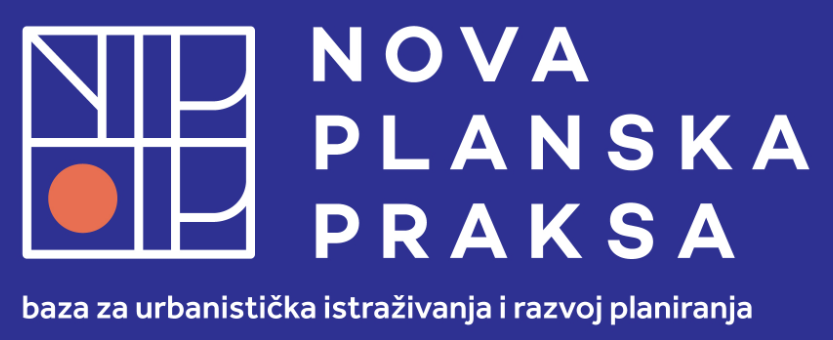
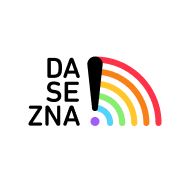
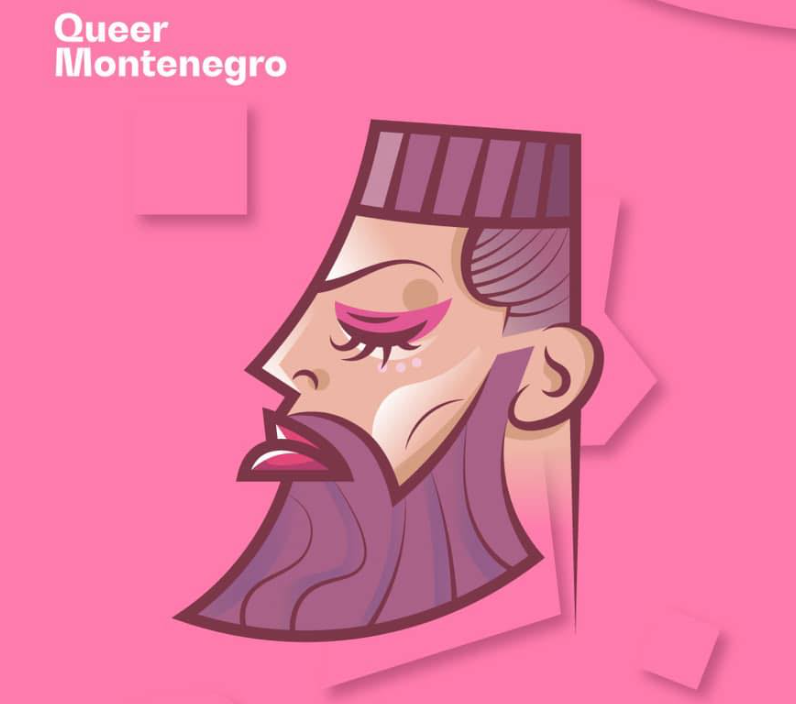
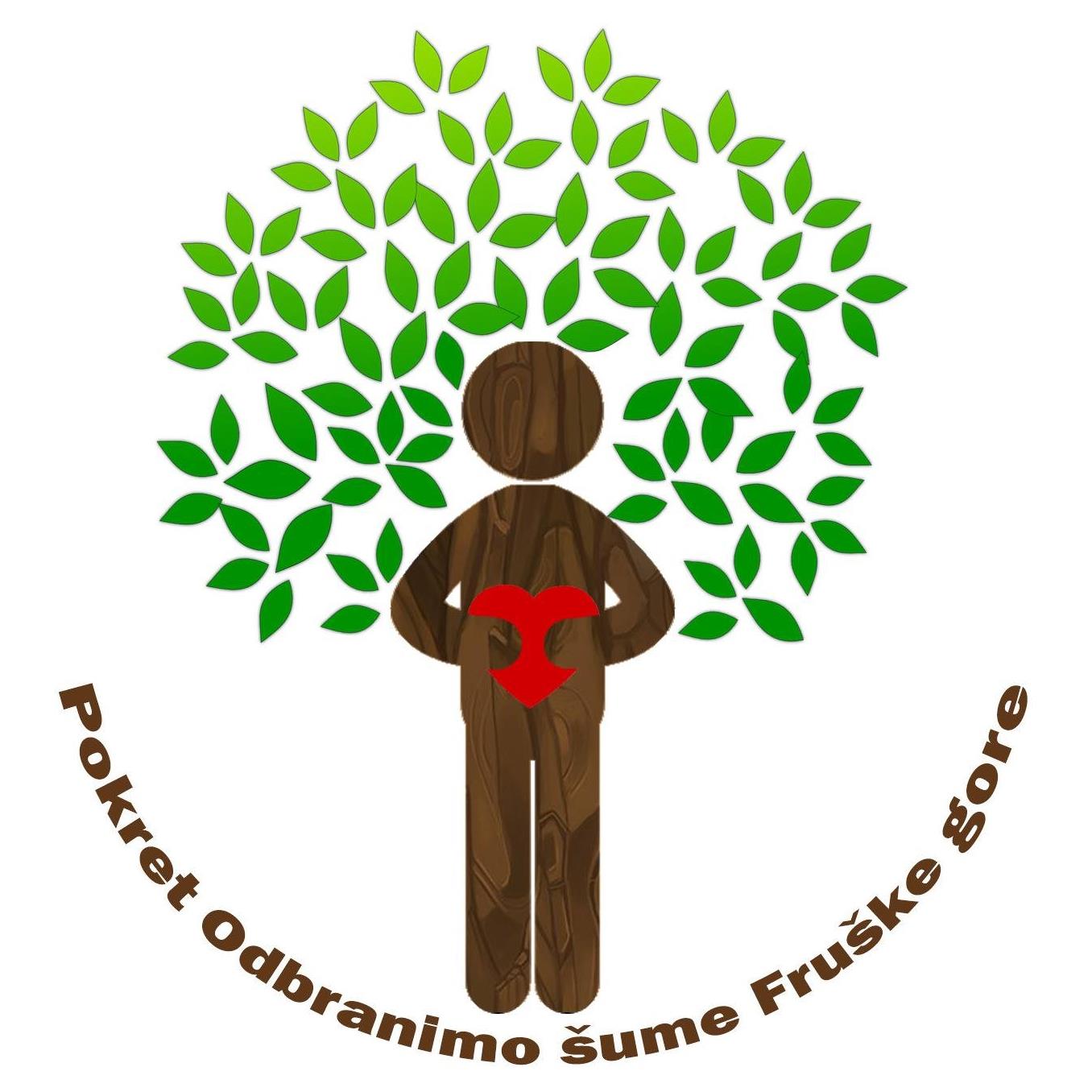


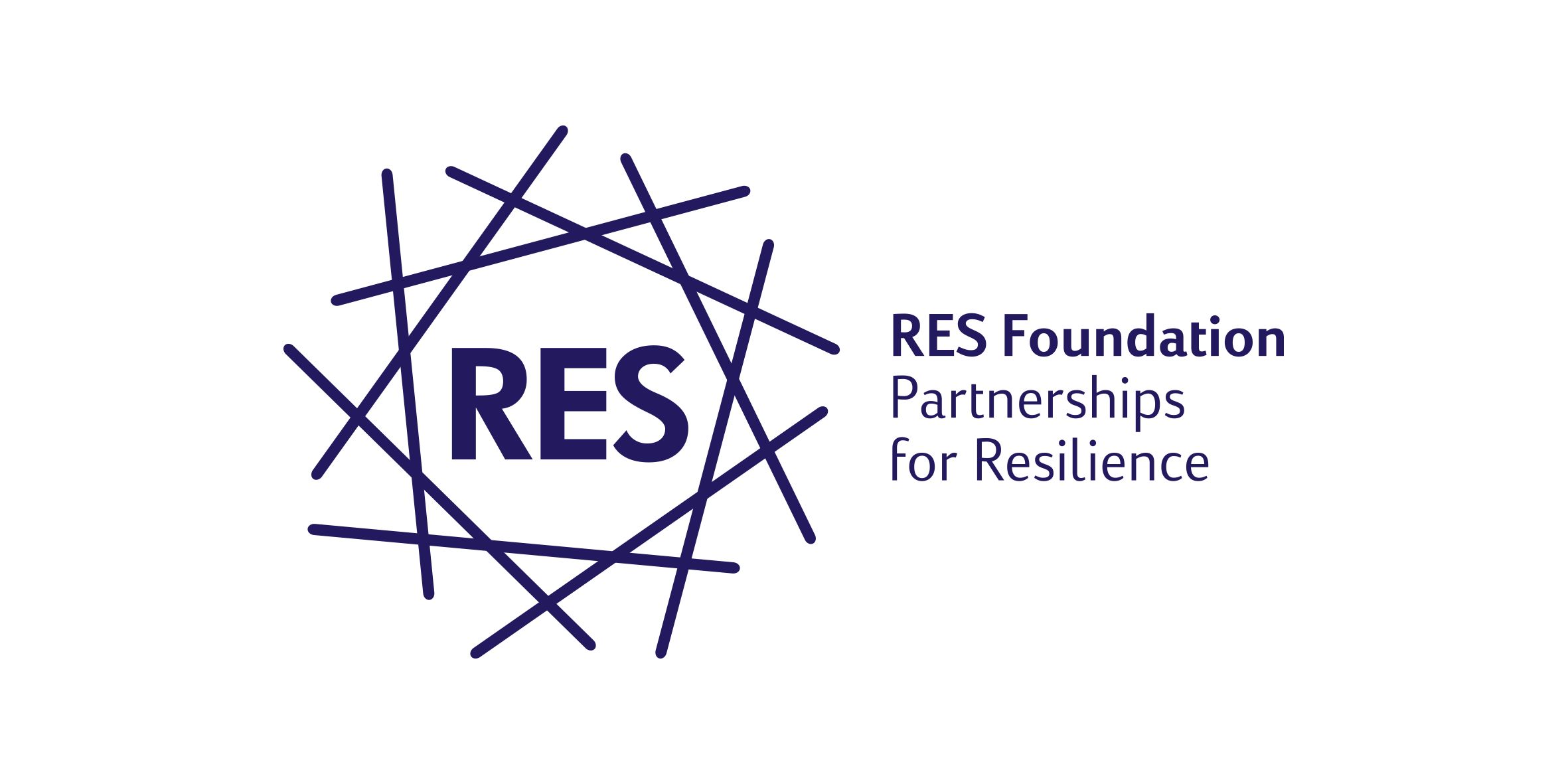
The RES foundation builds networks between companies, interest groups and civil society to provide public goods and services for the resilience of communities. It is headed by a team of committed public goods and policy development professionals with a focus on stakeholder coordination, climate change, energy poverty, circular economy, decarbonizing development, public goods advocacy, energy efficiency, and renewable energy sources
Anibar
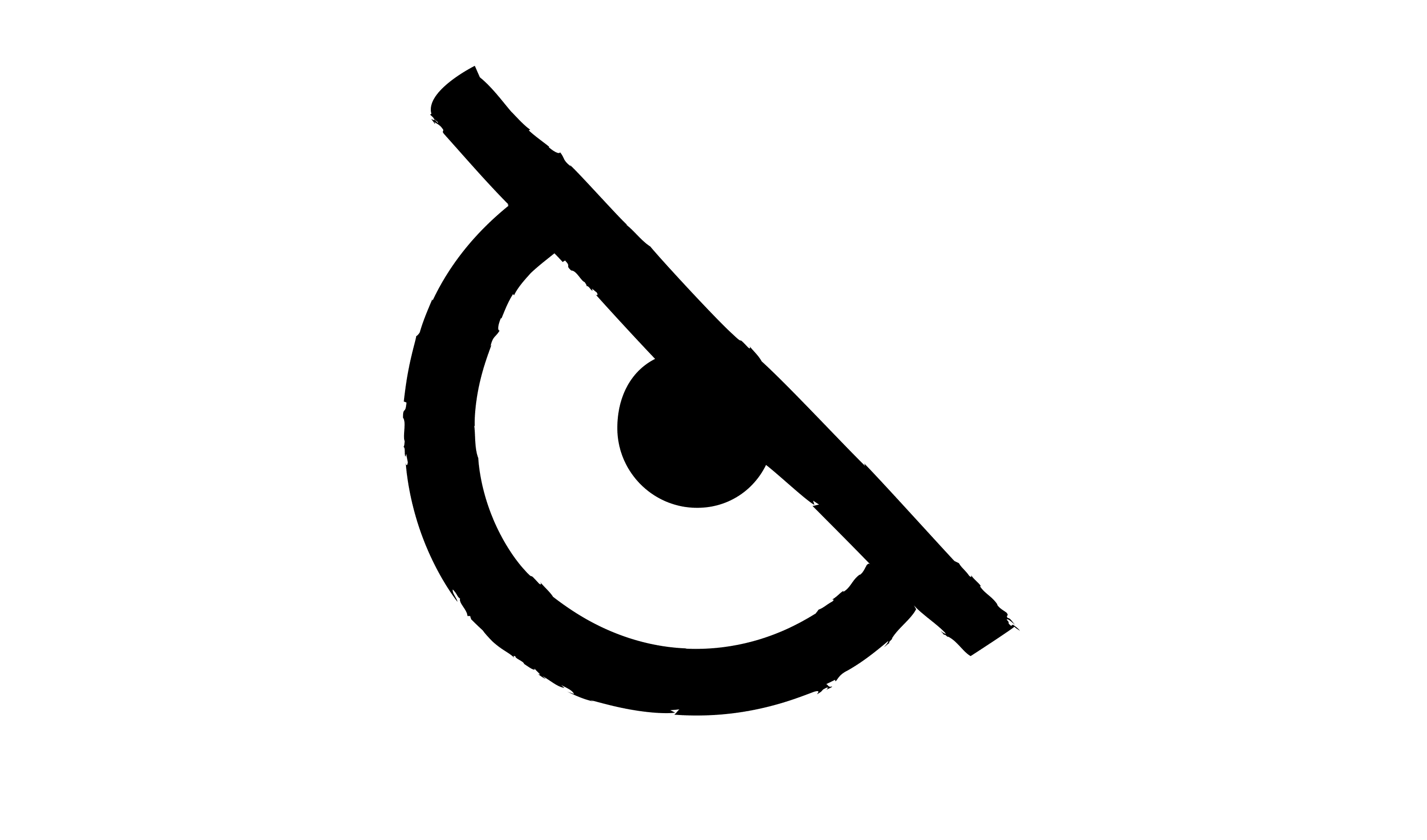
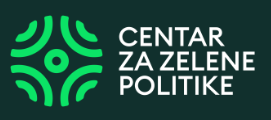


The BeFem feminist cultural center was created through an exchange of ideas between regional, Swedish and Serbian feminists. Through culture and political action in an international environment, BeFem aims to deconstruct stereotypes about feminism and encourage new generations to get involved and contribute to a reconstruction of reality. BeFem has been recognized in public discourse and is becoming a place where new centers of female empowerment, creativity, and resistence are being created.
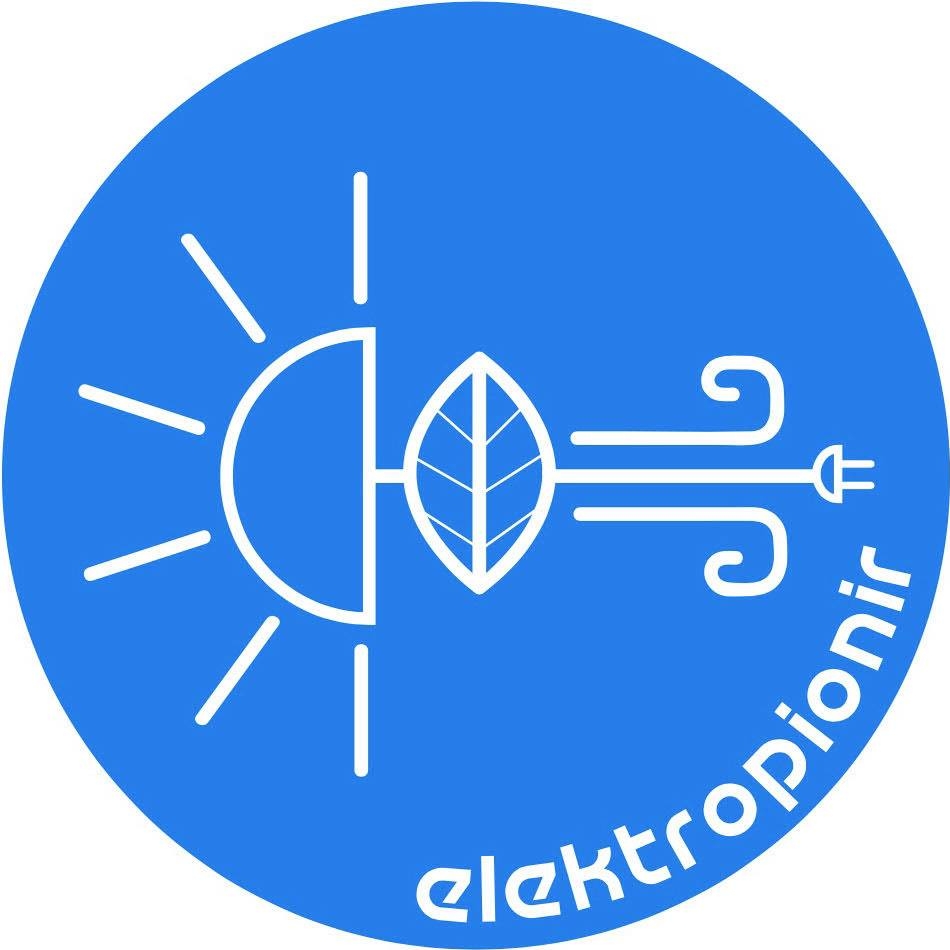


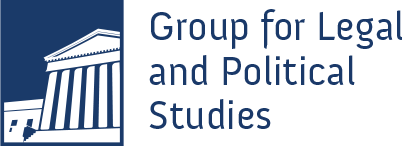
Group for legal and political studies is an independent, non-partisan and non-profit public policy organization located in Prishtina, Kosovo. Their goal is to conduct credible policy research in the fields of politics, law and economics while promoting policy solutions that address the failures and problems in those fields.

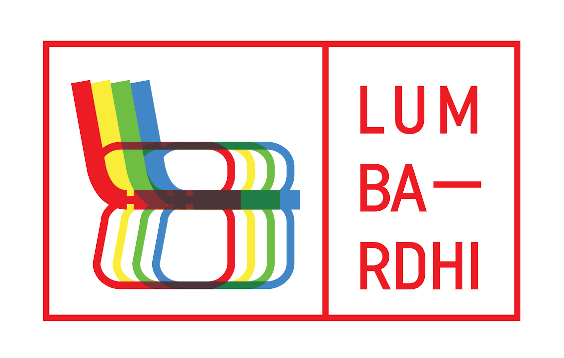
The Lumbardhi Foundation was established following a civic initiative which saved the Lumbardhi Cinema from privatization and demolition, and is currently in the process of transforming it into a contemporary civic institution and landmark for independent culture. Combining different activities, including the performing arts, film, archive development, research and knowledge production, debate and civic activism, while offering a centrally-located space for many groups and users, Lumbardhi has the ability to respond to urgent social, political and cultural challenges, and, in the long-term, influence the development of the civic ecology in Prizren.
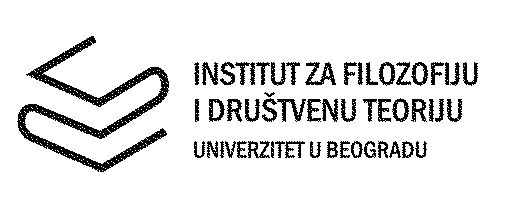
The Institute for Philosophy and Social Theory at the University of Belgrade aims to conduct sysematic and long-term research into philosophy and social theory, provide opportunities for young researchers, and initiate dialogue with the wider scientific community through professional gatherings, workshops, and lectures
The Network of good Energy was founded at the initiative of the RES Foundation by the Cities of Pirot and Šabac and the Municipality of Vrbas with the youth organization "Mladi gorani Vojvodine" and the Belgrade Open School. As the first platform of its kind in the region, its focus is on long-term planning and fighting energy poverty, while complementing, encouraging and monitoring the public administration's efforts on this topic.

The Group for Conceptual Policy (GKP) is a non-governmental organization working on promoting interest in the area of the self-management development and democracy, trying to encourage people to autonomous political self-organization and participation in decision-making in matters of public interest in local communities. The GKP was founded by local activists in Novi Sad in 2011, and on top of that, they also work on researching contemporary politics and art, as well as publishing.
Previous program cycles

D4D aims to influence the development of public policy in order to accelerate socio-economic development, improve governance, and strengthen democratic culture in Kosovo by promoting an active and educated citizenry that both fully participates in the public space and utilises the public arena of representation and decision-making to deliberate and build consensus over smart, efficient, and sustainable resource allocation as well as equitable development.

Association of Novi Sad Architects (DaNS) is a non-profit, non-governmental organization founded in 1960, working on organizing exhibits, cultural events, public presentations, discussion, lectures and educational programs. Today, the Association numbers about 200 active members coming from various fields, such as architectural and urban planning, landscape architecture, cultural heritage and environmental protection.

Bajsologija is an association interested in sustainable urban mobility, aiming to offer alternatives to current "auto-centric" policies, through its activities and initiatives. Together with bikers, associations, activists, and initiatives, Bajsologija is fighting for more sustainable cities and urban mobility which, in addition to cars, includes other modes of transportation as well.

Biciklo.me is a non-governmental organization from Podgorica advocating for the realization of the idea of Podgorica being a bicycle-friendly city, which involves the improvement of cycling infrastructure, as well as the promotion of bicycles as an alternative means of transport, promotion of healthy lifestyles, sustainable development and environmental protection.

The Center for Cultural Decontamination (CZKD) is a non-profit cultural institution, which carries out initiatives of politicization and depoliticization of public space, culture and art through cultural and social engagement. Since its conception CZKD has been organizing a plethora of different events such as exhibits, concerts, movie screenings, workshops, conferences, lectures and public discussions.

International documentary film festival Beldocs has been held in Belgrade every spring for over a decade, gathering the best documentary films, both from Serbia and worldwide, which deal with topics such as current political affairs, biographies of prominent people, and a special program called ''The Labyrinths of Justice'' has been included in 2019, supported by the Heinrich Boll Foundation.

Ekonaut is an organization striving to connect cities with nature by fighting climate change, working on urban beekeeping and gardening, and enhancing the quality of grasslands in the city. Ekonaut is also organizing the school of urban beekeeping for the unemployed and those who may wish to start beekeeping with the support of the Heinrich Boll Foundation.

Center for historical studies and dialogue (CISiD) is a citizens' association engaging in social activism and studying the problem of interethnic relations on the Balkans, aiming to make various historical figures and events visible in the public space based on their contributions to the development of harmonious interethnic relations on the Balkans.

Pescanik is an NGO founded in 2006. Its first product was a radio show, broadcast on Radio B92 from 2000 to 2011. Currently, it is a radio and TV show which is broadcast by 15 radio and TV stations throughout Serbia, Montenegro, Bosnia and Herzegovina, and Kosovo. The Pescanik website was launched in 2007, and has thus far published over 20,000 articles by leading public intellectuals.

EMINS is an independent organization specializing in public policy research and European integration advocacy at the local, national, regional and European level, raising citizens’ awareness of the importance of the European integration process, informing the public about all the relevant aspects of the process,creating conditions for the adequate application of European values and standards in the area of human rights protection and sustainable development of the community, for the purpose of building a democratic and modern Serbia in a united Europe.




